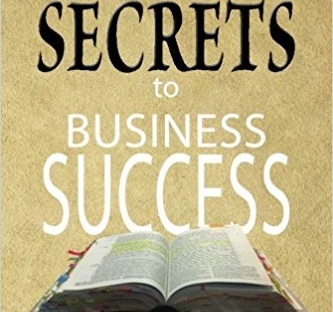The Jewish Ethicist: Educational Embargo
from aish.com
by Rabbi Dr. Asher Meir, Business Ethics Center of Jerusalem
Q. A local retail chain treats the clerks inhumanely. Should we avoid buying there?
A. Previous columns have discussed two kinds of boycott: a boycott undertaken in order to counter price-gouging or avoiding a merchant because of his overall ethical behavior .
The first is perfectly legitimate because the customers are defending their own interest. The main ethical consideration is to adequately document that price-gouging is actually present; otherwise, the boycott baselessly deprives a merchant of his livelihood. Another relevant consideration is equity: if many merchants are equally culpable for a particular behavior, it’s not fair to arbitrarily single out one for action.








